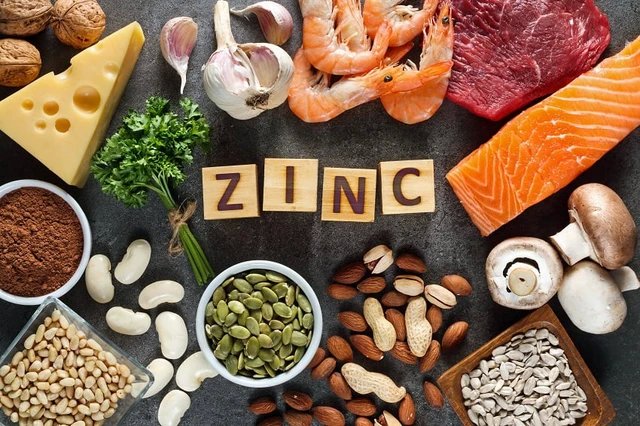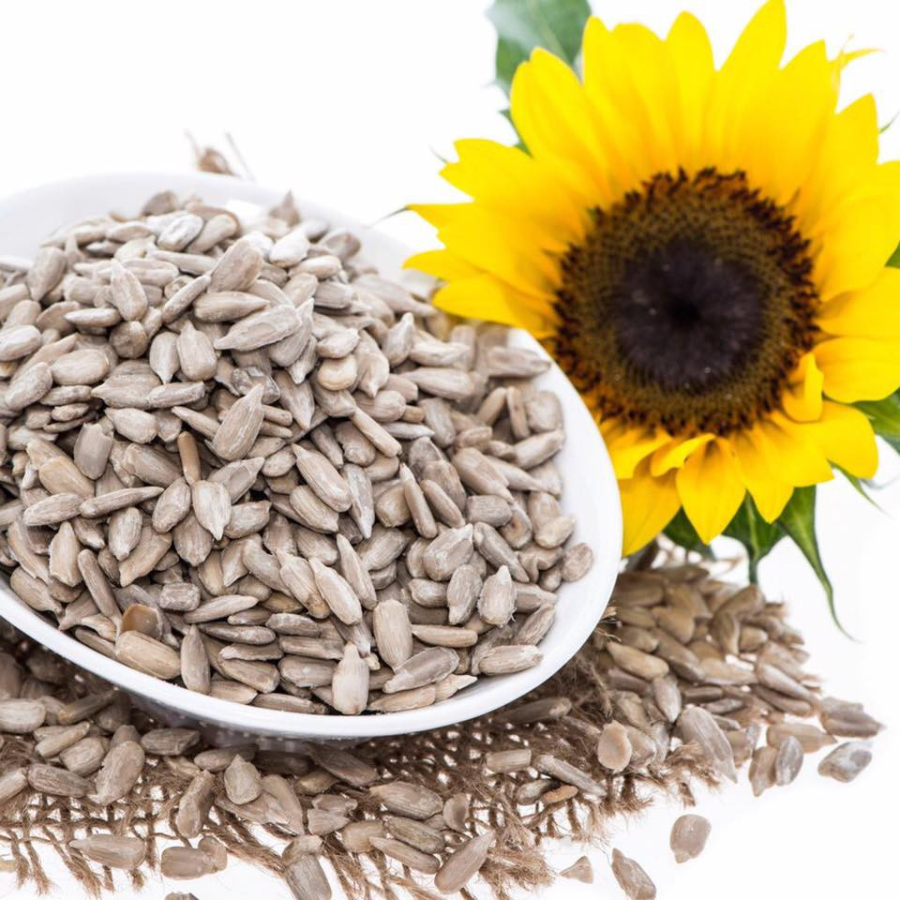Zinc: An Essential Mineral for Brain Health and Cognitive Function
Research has revealed that the cerebral cortex and hippocampus, two vital parts of the brain associated with memory and learning, contain significant levels of zinc. Zinc is not just an important mineral but also plays a crucial role in various biochemical processes that occur in the brain.
Inadequate zinc intake can impact the function and activation of neurons in these regions. Zinc is essential for maintaining the structure and integrity of synapses, where the transmission of information between neurons takes place.
When zinc levels in the body drop too low, the ability to form new neural connections is negatively affected, leading to impaired memory function. This is especially important for children and adolescents who are in a critical phase of cognitive development and knowledge acquisition. Ensuring an adequate zinc intake is vital to support memory formation and enhance learning abilities. Zinc deficiency can lead to cognitive development issues and impair concentration, knowledge acquisition, and problem-solving skills.
Zinc not only plays a fundamental role in basic physiological functions but also actively regulates hormones and neurotransmitters, which have a significant impact on human mood and emotions. A zinc-deficient diet can cause anxiety and other psychological disorders in children. Therefore, providing children with sufficient zinc not only boosts their memory capacity but also contributes to maintaining stable mental health.

Zinc’s Role in Regulating Hormones and Neurotransmitters
To increase zinc intake, parents should encourage their children to consume more zinc-rich foods. Developing healthy eating habits from a young age will significantly contribute to a child’s overall development, both physically and intellectually. Additionally, a balanced and diverse diet not only supports efficient brain function but also enhances learning abilities and reinforces memory.
Experts recommend the following seven zinc-rich foods, along with other brain-boosting nutrients, that parents can include in their children’s diets.
Oysters
Oysters are a nutritional powerhouse, packed with zinc, iron, selenium, and magnesium, all of which support brain function and enhance memory. Children can start consuming oysters from around the age of one to two years old. However, due to their sensitive digestive systems, oysters should be introduced in small quantities.
To ensure optimal nutrition and digestion, parents can prepare oyster porridge with rice and vegetables. As children grow older, parents can vary the flavors with dishes like cheese-baked oysters, ginger-steamed oysters, or oyster soup. When cooking oysters, it is important to select fresh oysters, cook them thoroughly, and monitor children for any allergic reactions.
Beef
Beef is a valuable source of nutrition, providing ample zinc, which is crucial for supporting brain function. Zinc not just aids in memory formation and consolidation but also improves learning abilities and cognitive development in children when sufficient amounts are consumed.
In addition to zinc, beef offers high-quality protein and essential amino acids necessary for the holistic development of the brain. Furthermore, beef is an excellent source of iron, which efficiently transports oxygen in the blood. Iron deficiency can lead to anemia and negatively impact an individual’s ability to concentrate and cognitively function.

Beef: A Rich Source of Zinc and Iron
Chicken
Chicken is another excellent source of zinc, with approximately 1-3 mg of zinc per 100 grams of meat. It is also a good source of protein and provides essential vitamins B6 and B12. Additionally, chicken contains selenium, a mineral with antioxidant properties that help protect brain cells from damage.
To ensure optimal zinc absorption from chicken, parents should opt for fresh, preservative-free, and naturally raised chicken. It is recommended to cook chicken thoroughly or use cooking methods such as grilling or steaming instead of frying. This not only retains more nutrients but also reduces the intake of unnecessary fats.
Sunflower Seeds
Sunflower seeds offer a wealth of nutrients essential for brain development, including zinc, vitamin E, magnesium, and omega-3 fatty acids. Vitamin E protects brain cells from free radical damage and supports blood circulation, ensuring adequate oxygen supply to the brain.
Magnesium, on the other hand, helps reduce stress levels, while omega-3 fatty acids contribute to brain function development and improved mood in children. However, parents should be mindful that sunflower seeds are calorie-dense, so portion control is necessary to prevent childhood obesity. It is advisable to give children shelled sunflower seeds to reduce the risk of choking or injury while chewing.

Sunflower Seeds: Packed with Nutrients for Brain Health
Lentils
Lentils are an excellent source of zinc, protein, and essential amino acids required for brain cell development. They are also rich in iron, which is crucial for transporting oxygen to the brain, thereby improving concentration and energy levels. Additionally, lentils provide B vitamins, particularly B6 and B12, which are essential for the production of neurotransmitters, enhancing mood and information processing abilities. Lentils are also a good source of dietary fiber, supporting digestive health.
Dairy Products
Milk and dairy products such as yogurt and cheese offer abundant amounts of vitamin B12 and folate, both of which are vital for brain development. Vitamin B12 is essential for the production of blood cells and the maintenance of nerve health, while folate improves memory and concentration.
To maximize these benefits, parents should encourage their children to consume dairy products daily. Milk can be combined with various fruits to make delicious smoothies or added to breakfast cereals for nutritious and appealing meals.
Oatmeal
Oatmeal is a valuable source of nutrients, providing minerals like zinc and beta-glucan, as well as B vitamins, especially vitamin B6. These nutrients are instrumental in energy production and maintaining nerve health, thereby improving children’s moods and learning abilities.
Oatmeal can be easily combined with milk, yogurt, and fruits such as bananas, mangoes, or strawberries to create tasty smoothies. This is a simple way to ensure children get their nutrients while enjoying the flavors of the added fruits. Additionally, incorporating oatmeal into stir-fries with vegetables and protein sources like chicken or tofu can add a creamy texture and make the dish more enticing.
The Ultimate Superfood: Unlocking the Power of this Omega-3 Rich Fish
When it comes to omega-3-rich foods, salmon often springs to mind. However, it’s not the only fish in the sea with exceptional omega-3 content. In fact, according to leading health experts, the crown for the highest omega-3 levels goes to mackerel. This silvery swimmer is a true powerhouse when it comes to providing your body with those all-important healthy fats. So, if you’re looking to boost your omega-3 intake, consider adding mackerel to your menu and giving your health a real fin-tastic treat!


































